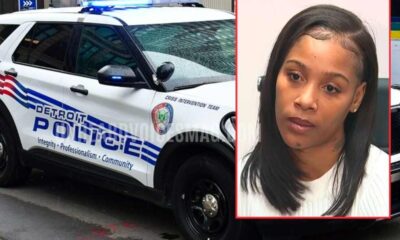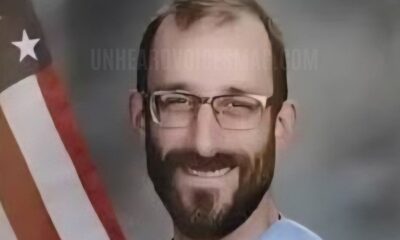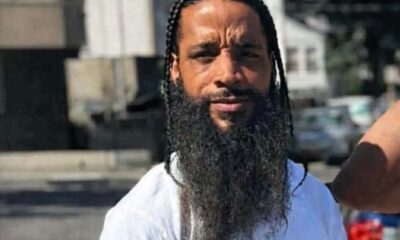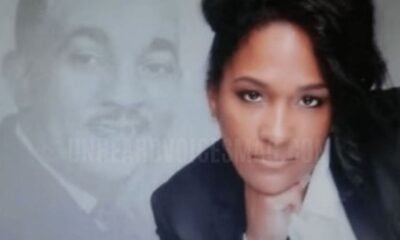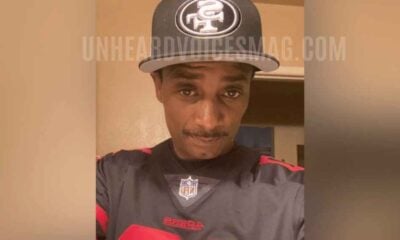Police
Chicago police officer Jason Van Dyke convicted of second-degree murder in shooting of Laquan McDonald
A jury has convicted Chicago police officer Jason Van Dyke of second degree murder for the shooting of Laquan McDonald.
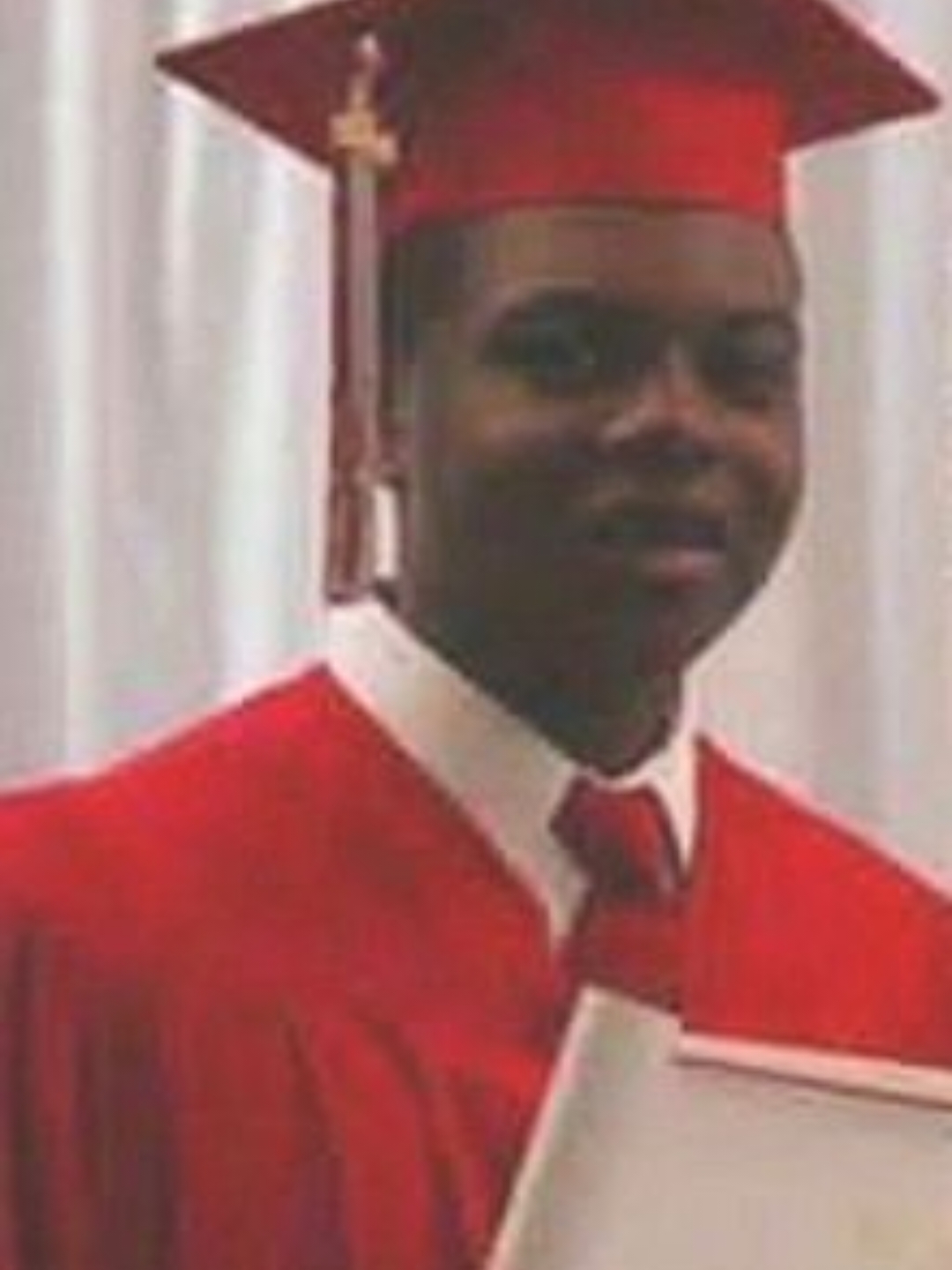
A jury has convicted Chicago police officer Jason Van Dyke of second degree murder for the shooting death of Laquan McDonald.
Jason Van Dyke convicted
Van Dyke was charged with first degree murder but convicted of second degree murder.
In October 2014, Van Dyke shot the 17-year-old 16 times shortly after arriving on the scene, claiming he feared for his life as McDonald was armed with a knife.
Van Dyke was arrested in 2015 after dash cam footage appeared to show him fatally shooting Laquan McDonald as he moved away from officers, contradicting official accounts.
Video footage
A judge ordered police to release the dashcam footage in November 2015 after the administration of Chicago’s Democratic Mayor Rahm Emanuel fought to withhold the video for a year.
According to prosecutors, Laquan McDonald was holding a knife with a 3in (7.6cm) blade when he was stopped by police.
Police said he had slashed a tire on a patrol car, resulting in a stand-off between the teenager and officers.
Jason Van Dyke was not among the first officers to arrive – the policeman who was on scene first told prosecutors he saw no need to use force with McDonald.
Prosecutors say Van Dyke proceeded to open fire on McDonald less than six seconds after he exited his patrol car, and he was the only officer who used his weapon.
McDonald still had a pulse when paramedics arrived, but was declared dead at the hospital.
He now faces more than 15 years in prison, with the possibility of probation.
Real stories. Real impact. Straight to your inbox. Join thousands others. Click here to subscribe to our newsletter today!
Discover more from Unheard Voices Magazine®
Subscribe to get the latest posts sent to your email.
-
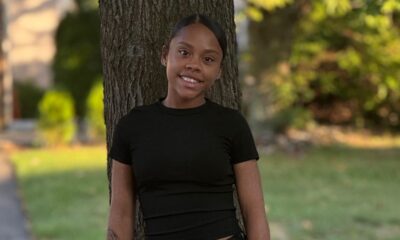
 Crime & Justice2 weeks ago
Crime & Justice2 weeks agoNew Brunswick, NJ 16-year-old shot and killed inside home
-
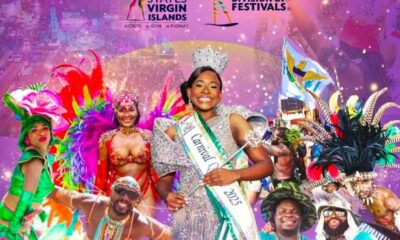
 Culture2 weeks ago
Culture2 weeks agoSt. Thomas Carnival 2026 dates announced
-
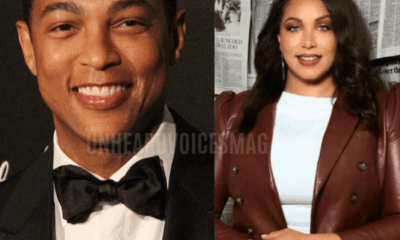
 Opinions2 weeks ago
Opinions2 weeks agoThe arrests of journalists who covered Minnesota church protest is an attack on independent journalism and freedom of press
-
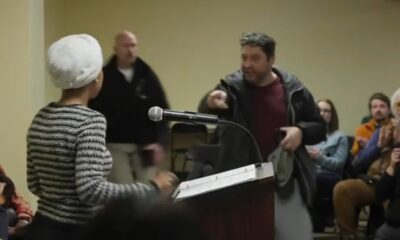
 Crime & Justice2 weeks ago
Crime & Justice2 weeks agoLegal Defense Fund calls on federal leaders to condemn violence against public officials and cease inciteful rhetoric
-
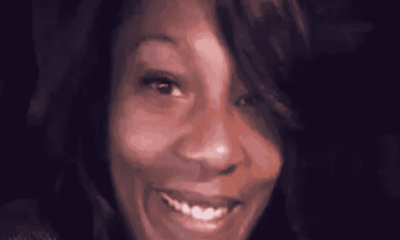
 Crime & Justice2 weeks ago
Crime & Justice2 weeks agoFormer Illinois sheriff’s deputy sentenced to maximum 20 years for murder of Sonya Massey
-

 Social Justice1 week ago
Social Justice1 week agoTemple student who assisted Don Lemon in covering Minnesota protest faces federal charges
-
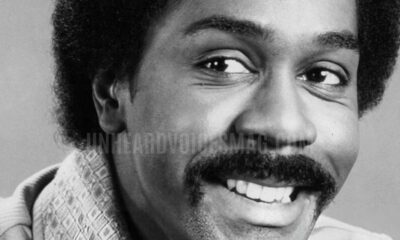
 Black Excellence2 weeks ago
Black Excellence2 weeks agoIn Memoriam: Demond Wilson, ‘Sanford and Son’ Star (1946 – 2026)
-
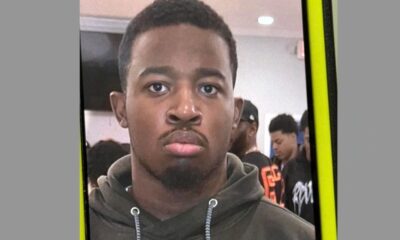
 Black and Missing1 week ago
Black and Missing1 week agoUpdate: Missing N.J. autistic teen is not in federal custody


